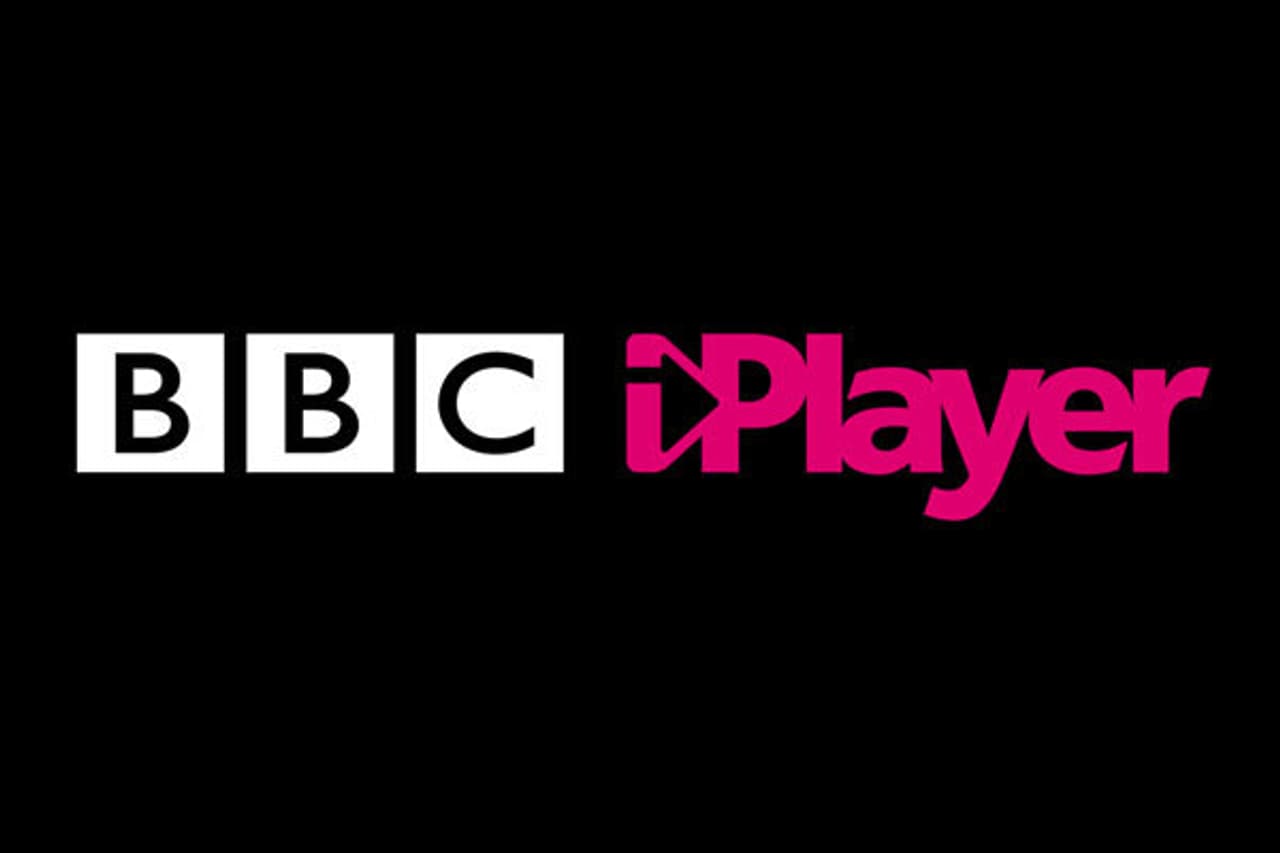
Analysis: BBC refuses to reveal iPlayer viewing figures
The Bureau is running an ongoing campaign highlighting areas of interests where public bodies still hide behind a veil of secrecy.
On this occasion, our focus came to rest on the BBC which has refused on a number of occasions to answer a Freedom of Information request asking it how many people watch its iPlayer output. The BBC iPlayer is an internet television and radio service, that displays TV shows across the internet.
One of the more ironic refusals came when the BBC refused to give the number of people in 2010 who watched the TV drama about freedom of information campaigner Heather Brooke. That film, On Expenses, told of the campaigner journalist’s battle to make parliament more accountable. In her case by publishing MP’s expenses claims.
 When that request was rejected, the BBC’s legal and business affairs manager, Lorraine Stiller, stated that the corporation was rejecting the application on the grounds that the information ‘is excluded from the Act because it is held for the purposes of ‘journalism, art or literature’. She also pointed out that the BBC publishes some iPlayer viewing figures on its website.
When that request was rejected, the BBC’s legal and business affairs manager, Lorraine Stiller, stated that the corporation was rejecting the application on the grounds that the information ‘is excluded from the Act because it is held for the purposes of ‘journalism, art or literature’. She also pointed out that the BBC publishes some iPlayer viewing figures on its website.
This was just one of a number of formal Freedom of Information Act applications asking for the specific viewing figures. The Bureau disagrees with the BBC’s logic for refusal.
The BBC argues that it does publish its most popular iPlayer viewing figures, and the totals for each month.
But it is only through the publication of all data in the public interest that true accountability can be achieved. Clearly, if public bodies only made their best figures available, and hid the rest from public gaze, then real failings would rarely come to light.
In an age when more and more of us are watching our televisions on our smart phones, laptops and home computers, the BBC’s unwillingness to let us know how watched its digital offering is, is of ongoing concern.
Audience figures enable us to know if investment in the iPlayer is worth it. It enables us to gauge the public (and particularly younger) audiences’ appetite for certain issues. And it – just as viewing figures on TV do – ensures that the BBC’s public service remit can be properly weighed up – considering impact along with content.
In an age of tightened budgets, the BBC needs to do all of these things to truly justify its ongoing licence fee. And, for a corporation that journalistically demands transparency from others, it seems wrong to refuse such information.




